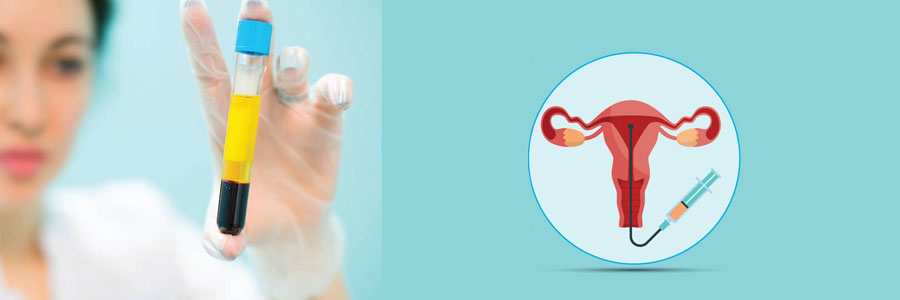PRP Therapy

Gynecologists may offer PRP therapy as a treatment option for conditions such as urinary incontinence, sexual dysfunction, vaginal atrophy, pelvic floor disorders, and other issues affecting women's reproductive health and well-being.
Here's an overview of the gynecologist's role in offering PRP Therapy:
- Patient Evaluation and Assessment: The gynecologist begins by conducting a thorough evaluation and assessment of the patient's medical history, symptoms, and concerns related to their gynecological health. They may also perform a physical examination and any necessary diagnostic tests to determine the underlying cause of the patient's symptoms and assess their suitability for PRP therapy.
- Education and Informed Consent: Gynecologists play a crucial role in educating patients about PRP therapy, including its purpose, potential benefits, risks, and alternatives. They ensure that patients have a clear understanding of the procedure, what to expect during treatment, and any potential side effects or complications.
- Treatment Planning: Based on the patient's evaluation and treatment goals, the gynecologist develops a personalized treatment plan for PRP therapy. This may involve determining the optimal dosage of PRP, the method of administration (e.g., injection, topical application), and the frequency of treatments.
- PRP Administration: Gynecologists are trained and skilled in the administration of PRP therapy, using sterile techniques and appropriate safety precautions to ensure the safety and efficacy of the procedure.
- Monitoring and Follow-up Care: Following PRP therapy, the gynecologist provides ongoing monitoring and follow-up care to assess the patient's response to treatment and ensure optimal outcomes.




